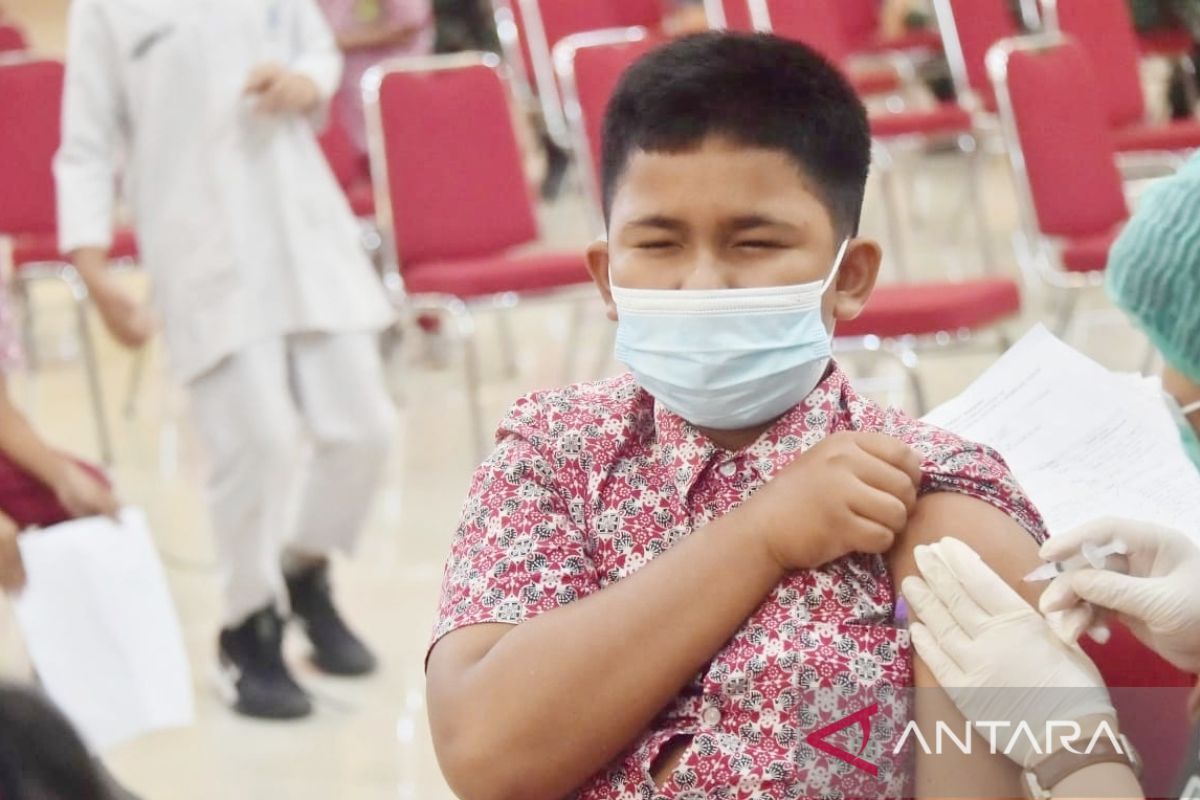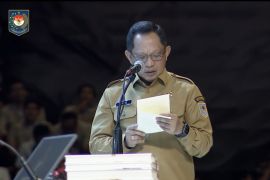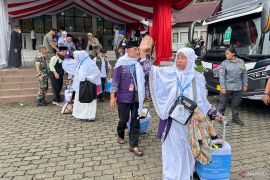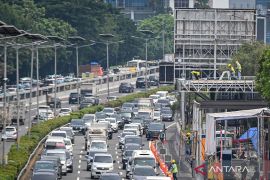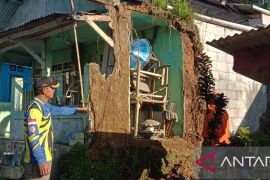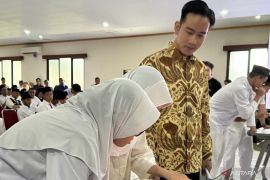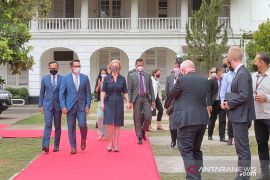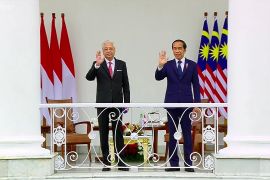During the implementation of distance learning, the head of the education unit must conduct sterilization within the education unitBogor, West Java (ANTARA) - The Bogor government has ceased face-to-face learning sessions in schools in seven regions with the highest COVID-19 cases.
"During the implementation of distance learning, the head of the education unit must conduct sterilization within the education unit," Head of the Bogor Education Office, Juanda Dimansyah, noted through a written statement received in Bogor on Wednesday.
Dimansyah remarked that the cessation of face-to-face learning was effective on February 2-8, 2022. The policy was imposed for kindergartens, elementary schools, and junior high schools in the sub-districts of Cibinong, Citeureup, Gunungputri, Bojonggede, and Gunung Sindur.
The cessation of face-to-face learning was only applicable for middle school education levels in the districts of Kemang and Ciomas, while kindergartens and elementary schools are still allowed to conduct face-to-face learning in these two sub-districts.
Related news: Bandung COVID-19 task force evaluates offline learning at schools
Dimansyah explained that educational institutions outside the seven sub-districts were still allowed to conduct face-to-face learning, according to the Circular Letter of the Bogor Education Office Number 420/208-Disdik issued on January 10, 2022.
"Limited face-to-face learning will be evaluated alongside the vaccination rate in Bogor District," he remarked.
Daily data on COVID-19 transmission in the seven sub-districts on February 1, 2022, listed 67 cases in Cibinong, 24 cases in Citereup, 67 cases in Gunungputri, 91 cases in Bojonggede, 10 cases in Gunung Sindur, and 30 cases in Ciomas.
Related news: Jakarta ready to evaluate offline learning amid COVID spike: Governor
Recently, an increase in the number of COVID-19 cases had been recorded since Omicron began spreading. The Health Ministry reported that so far, five people had died from the variant, with some of them unvaccinated. As a countermeasure, the government had expedited inoculation for the citizens, including children in the age bracket of six to 11 years.
The COVID-19 Task Force also warned parents to not give pocket money to students in order to prevent them from lingering around too much after school and suggested they were given homemade meals instead, as it was more hygienic. They reasoned that students staying back after school made it tougher to implement COVID-19 prevention measures since the schools could only monitor health protocol adherence at school.
Related news: House speaker seeks comprehensive evaluation of face-to-face learning
Related news: Discretion used if Jakarta schools' COVID-19 cases cross five percent
Translator: M Fikri S, Mecca Yumna
Editor: Fardah Assegaf
Copyright © ANTARA 2022
